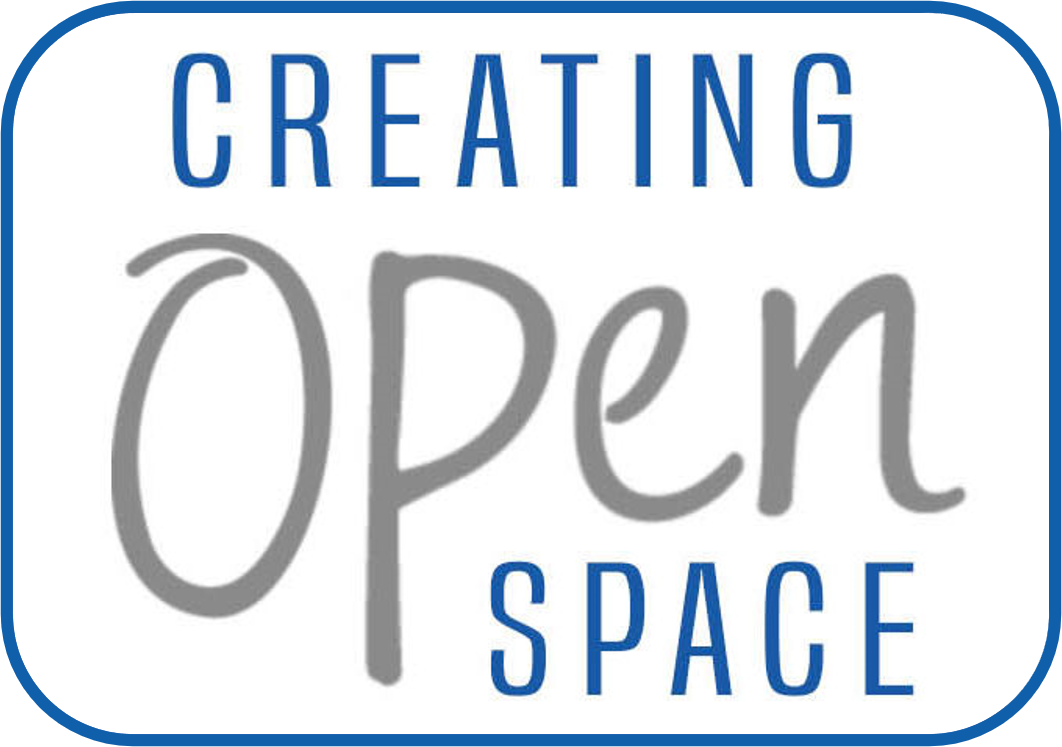Self-Awareness
As a coach I have the honor of helping my clients gain self-awareness – greater conscious awareness of various aspects of themselves. We (humans) underestimate the incredible value of observing ourselves. Self-awareness increases our capacity for growth. Quoting my friend Chalmers Brothers, “we can only change what we can see.” Only when we are conscious of some aspect of ourselves can we choose to change. If we want to be stronger leaders, better friends and more attentive sons, daughters and parents, we need to start recognizing what we do, think and feel that both supports and hinders the relationships and the results that we want. If we want to be our best selves we need to understand the behaviors, thoughts and feelings that propel us up and drag us down. If we want to make the leap to the next level, we need to identify what will get us promoted and what could derail us once we’re there.
Over the past year, I’ve noticed an alarming trend. While we undervalue self-awareness, we also underestimate our inherent ability to gain self-awareness. We lean on performance appraisals, feedback, personality tools and 360-degree assessments to shine light on our blind spots. Because we’re “unconsciously incompetent” in these areas, we assume we can’t know them without having them pointed out to us. And when we don’t get constructive feedback, we assume that there’s nothing noteworthy impeding our success. Meanwhile we wish that others would ‘wake up’ and recognize all the little (and big) ways that they could improve themselves. What would be possible if we all took more personal responsibility for self-awareness? What would we notice if we tried to be our own best observers? I guarantee that everyone reading this post is more capable of bringing your unconscious tendencies into conscious awareness than you give yourself credit for. The key is to set an intention to notice. Here’s one way to grow your own capacity for self-awareness. Choose a daily activity during which you can pause and step outside of yourself. It could be responding to emails, leading a meeting or brushing your teeth. Place a visual reminder in that space. Each day for the next two weeks, pretend that you’re observing yourself in that moment. What do you see that you like? What do you see that you wish were a bit different?
